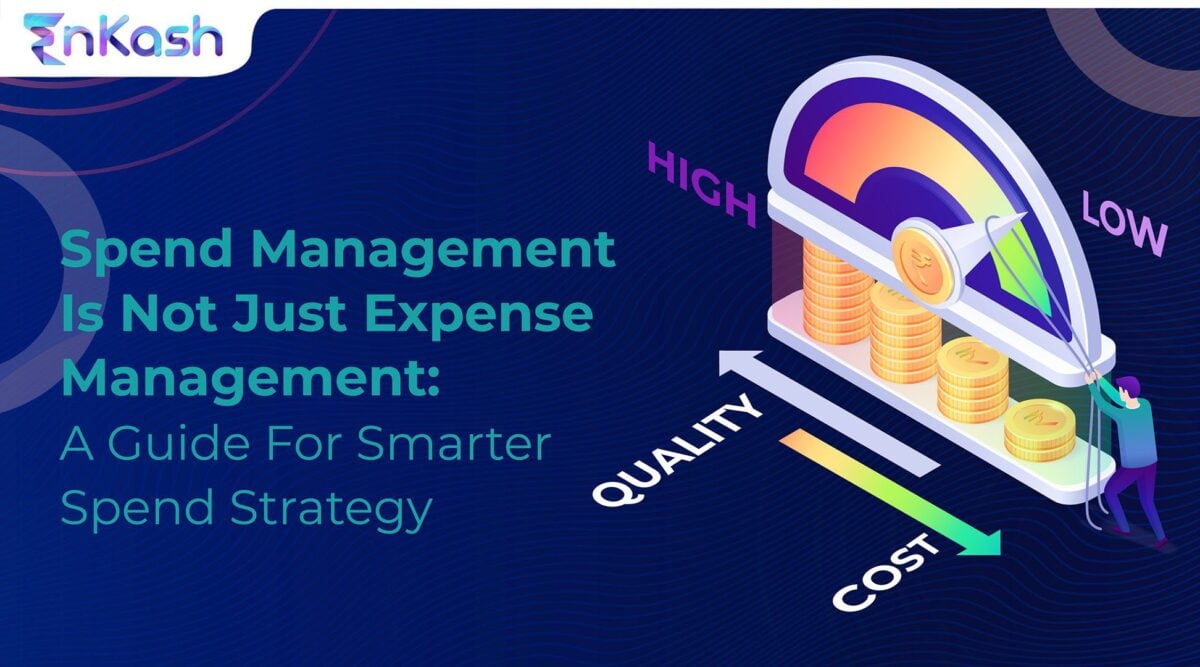Starting a business is a journey with numerous stages. Each stage is critical in its own way, and navigating through them successfully is crucial to ensure the ultimate success of a startup. In this article, we will guide you through the different startup stages, the types of startup stages, factors to consider when choosing a startup stage, challenges faced in each startup stage, and how to overcome them.
In this Article
ToggleWhat is a Startup?
A startup is a newly established and typically innovative business venture that aims to bring a unique product, service, or technology to the market. Startups are characterized by their focus on growth and scalability, often to disrupt existing industries or create entirely new ones. They are typically founded by entrepreneurs who identify a market need or an opportunity and seek to capitalize on it.
Startups often operate in a highly dynamic and uncertain environment, with limited resources and a high level of risk. They typically rely on venture capital funding or angel investors to finance their preliminary stages of development. The founders and employees of startups are usually driven by a strong vision and a passion for their product or idea.
Introduction to Startup Stages
The startup journey consists of five main stages: ideation, validation, launch, growth, and maturity. Each stage requires different approaches, processes, and resources to move forward. Understanding the distinct characteristics of each stage is essential to ensure that the startup is on the right track.
Ideation Stage - Defining Your Business Idea
The ideation stage is the first stage in the startup journey. During this stage, the entrepreneur comes up with a business idea and outlines the concept. This stage requires creativity, innovation, and the ability to identify a market need. The ideation stage is crucial as it sets the foundation for the entire startup journey.
One of the essential elements in the ideation stage is defining the target market. The entrepreneur needs to identify the customers who need the product or service and analyze their needs and preferences. This analysis provides valuable insights into the market gaps that the startup can fill.
Another critical aspect of the ideation stage is the development of a business plan. A business plan outlines the startup's goals, strategies, and operational procedures. The business plan should also include a financial plan that outlines the startup's revenue streams, costs, and profitability.
Validation Stage - Testing Your Business Idea
The validation stage is the second stage in the startup journey. During this stage, the entrepreneur evaluates the business idea to determine its viability and potential for success. This stage requires a lot of research, testing, and experimentation to ensure that the business idea is profitable.
One of the critical elements in the validation stage is market research. The entrepreneur needs to gather data on the target market, competitors, and trends. Market research provides valuable insights into the market's needs, preferences, and behaviors, enabling the entrepreneur to refine the business idea.
Another essential aspect of the validation stage is prototyping. A prototype is a preliminary model of the product or service that allows the entrepreneur to evaluate its functionality, usability, and user experience. Prototyping provides valuable feedback that the entrepreneur can use to improve the product or service.
Launch Stage - Setting Up Your Business
The launch stage is the third stage in the startup journey. During this stage, the entrepreneur sets up the business and prepares for its launch. This stage requires a lot of planning, organization, and execution to ensure a successful launch.
One of the essential elements in the launch stage is legal and financial compliance. The entrepreneur needs to register the business, acquire the necessary licenses, and permits, and comply with tax and accounting regulations. Legal and financial compliance is crucial to avoid legal and financial problems that can derail the startup.
Another critical aspect of the launch stage is marketing and branding. The entrepreneur needs to develop a marketing strategy that targets the right audience and communicates the startup's unique value proposition. Branding is also essential in establishing the startup's identity and reputation in the market.
Growth Stage - Expanding Your Business
The growth stage is the fourth stage in the startup journey. During this stage, the entrepreneur focuses on expanding the business and increasing its revenue and market share. This stage requires a lot of resources, planning, and execution to ensure sustainable growth.
One of the essential elements in the growth stage is scalability. The entrepreneur needs to develop a scalable business model that can accommodate growth without sacrificing quality or efficiency. Scalability is crucial to ensure that the startup can keep up with the increasing demand and competition.
Another critical aspect of the growth stage is talent acquisition. The entrepreneur needs to hire the right talent that can support the startup's growth and expansion. Hiring the right talent is crucial to ensure that the startup has the necessary skills, knowledge, and experience to succeed.
Maturity Stage - Establishing Your Business as a Market Leader
The maturity stage is the final stage in the startup journey. During this stage, the entrepreneur focuses on establishing the business as a market leader and maintaining its competitive advantage. This stage requires a lot of innovation, adaptation, and strategic planning to ensure continued success.
One of the essential elements in the maturity stage is innovation. The entrepreneur needs to continue innovating and improving the product or service to stay ahead of the competition and meet the changing market needs. Innovation is crucial to ensure that the startup remains relevant and competitive in the market.
Another critical aspect of the maturity stage is strategic planning. The entrepreneur needs to develop a long-term strategic plan that outlines the startup's goals, vision, and roadmap. Strategic planning is crucial to ensure that the startup has a clear direction and purpose that aligns with its values and mission.
Types of Startup Stages
Startups can be categorized into four main types of startup stages: self-funded, venture-funded, angel-funded, and crowdfunding.
Self-funded startups are those that rely on the founder's savings or resources to finance the business. Self-funding is a good option for entrepreneurs who want to retain full control of the business and avoid debt or equity financing.
Venture-funded startups are those that receive financing from venture capitalists or institutional investors. Venture funding is a good option for startups with high growth potential and a scalable business model.
Angel-funded startups are those that receive financing from angel investors, who are typically high-net-worth individuals. Angel funding is a good option for startups that need seed capital and strategic guidance.
Crowdfunding Startups get money from a lot of people, generally through online platforms. Startups with a positive social or environmental impact and strong community support might consider crowdfunding.
Factors to Consider When Choosing a Startup Stage
Choosing the right startup stage depends on several factors, including the entrepreneur's goals, financial resources, risk appetite, and growth potential. Some of the critical factors to consider when choosing a startup stage include:
- Business idea and market demand
- Financial resources and funding options
- Entrepreneur's skills, knowledge, and experience
- Risk tolerance and risk management strategies
- Growth potential and scalability
Challenges Faced in Each Startup Stage
Each startup stage comes with its own set of challenges that entrepreneurs need to overcome to move forward. Some of the common challenges faced in each startup stage include:
- Ideation stage: Identifying a market need and developing a unique value proposition.
- Validation stage: Testing the business idea and refining the product or service.
- Launch stage: Acquiring customers and establishing a market presence.
- Growth stage: Scaling the business and managing growth effectively.
- Maturity stage: Maintaining innovation and competitive advantage.
Conclusion
Navigating the different startup stages is a challenging but rewarding process. Each stage requires different approaches, skills, and resources, and overcoming the challenges is crucial to ensure the ultimate success of the startup. Understanding the distinct characteristics of each stage, choosing the right startup stage, and developing effective strategies to overcome the challenges can help entrepreneurs achieve their goals and establish successful businesses.







































 Gurgaon Mumbai Pune Bengaluru
Gurgaon Mumbai Pune Bengaluru